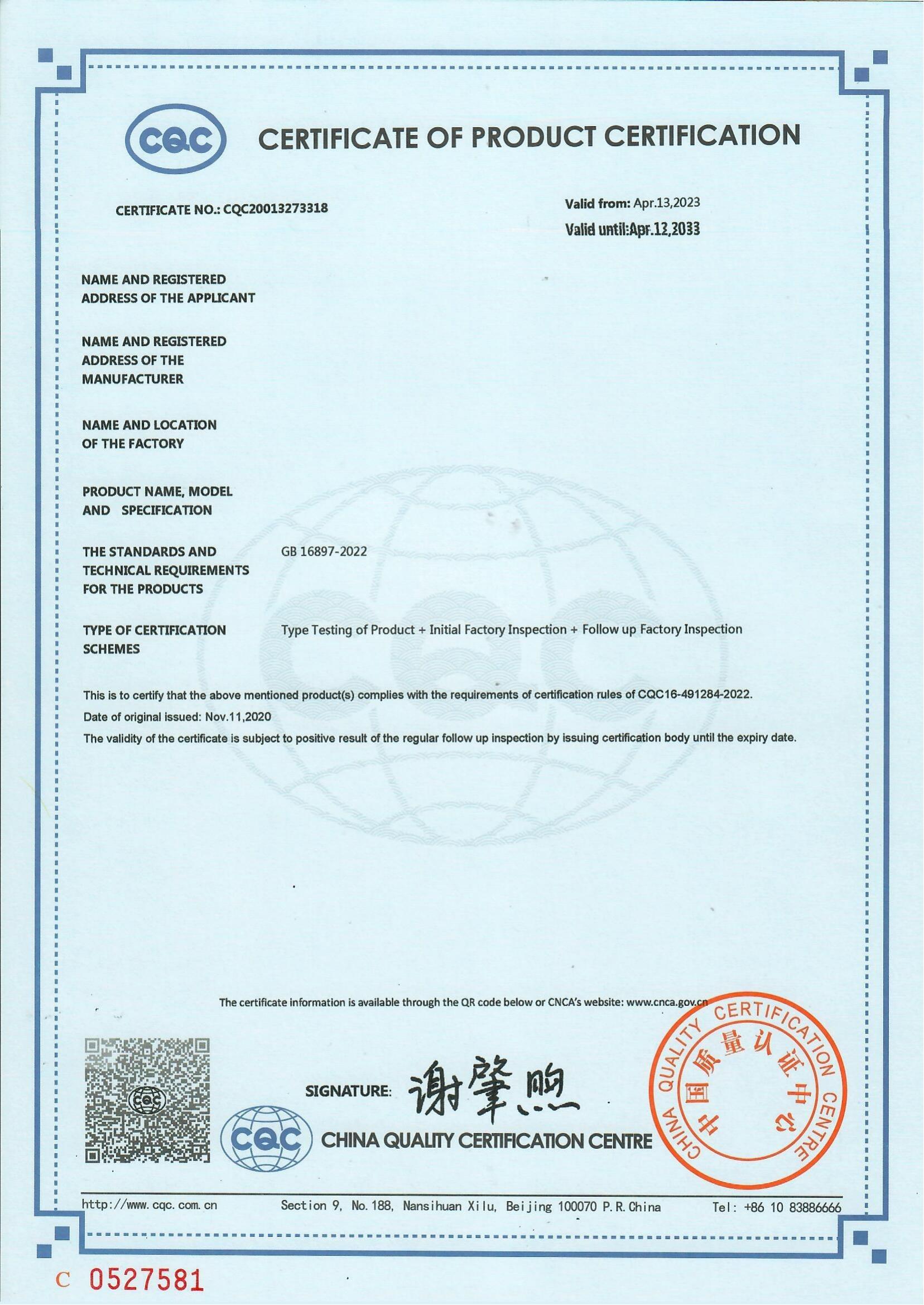Durable Fuel Hose Solutions for Diesel Heaters Ensuring Optimal Performance and Safety in Cold Weather
Avq . 12, 2024 20:06 Back to list
Durable Fuel Hose Solutions for Diesel Heaters Ensuring Optimal Performance and Safety in Cold Weather
Understanding Diesel Heater Fuel Hoses Importance and Best Practices
Diesel heaters are widely used in various applications, such as vehicles, marine vessels, and residential heating systems. They provide an efficient and effective means of generating heat in cold environments. An essential component of these systems is the diesel heater fuel hose. Understanding the significance of fuel hoses, their types, materials, and maintenance practices is crucial for ensuring optimal performance and safety of diesel heaters.
The Role of Diesel Heater Fuel Hoses
Fuel hoses are critical for transporting diesel fuel from the tank to the heater unit. They must withstand various conditions while maintaining integrity and reliability. The performance of a diesel heater is heavily dependent on the quality of the fuel hose, as any leaks or failures can lead to fuel loss, decreased efficiency, and even potential fire hazards.
Types of Diesel Heater Fuel Hoses
There are several types of hoses used in diesel heating systems, including
1. Textile-Reinforced Hoses These hoses are made from multiple layers of synthetic materials reinforced with textile fibers. They are flexible, durable, and resistant to abrasion, making them ideal for applications where the hose may experience movement or bending.
2. Rubber Hoses Standard rubber hoses are another option, but they may not offer the same level of durability or resistance to fuel degradation compared to specialized hoses. Care should be taken to ensure that the rubber used is compatible with diesel fuel.
3. Thermoplastic Hoses These hoses are designed to withstand high pressures and have excellent chemical resistance. They are lightweight and flexible, making them suitable for various installations.
4. Metal Braided Hoses For high-pressure applications, metal-braided hoses provide enhanced strength and durability. They minimize the risk of ruptures, making them suitable for critical connections.
Material Considerations
diesel heater fuel hose

Selecting the right material for a diesel heater fuel hose is crucial. Many fuel hoses are made from materials like nitrile rubber or neoprene, which are resistant to diesel and can handle varying temperatures. It is important to check for compliance with relevant standards and certifications to ensure safety and functionality.
Maintenance and Best Practices
Maintaining diesel heater fuel hoses is essential for prolonging their lifespan and ensuring safe operation. Here are some best practices to follow
1. Regular Inspections Periodically check hoses for any signs of wear, cracks, or abrasions. Look for signs of fuel leakage, which can indicate a compromised hose.
2. Proper Installation Ensuring that hoses are installed correctly and secured with appropriate clamps can prevent movement that may lead to damage.
3. Temperature Awareness Be mindful of the operating temperature of the hoses. High temperatures can degrade certain materials, so ensure that the hoses are rated for the specific operating conditions of your diesel heater.
4. Replacement If a hose shows signs of extensive wear or damage, it is crucial to replace it immediately. Using old or compromised hoses can lead to serious safety hazards.
5. Use of Quality Components Always opt for high-quality, manufacturer-recommended hoses to ensure compatibility and longevity. Investing in quality products can lead to fewer problems and enhanced performance over time.
Conclusion
The diesel heater fuel hose plays a vital role in the overall functionality and safety of diesel heating systems. By understanding the various types, materials, and maintenance practices related to fuel hoses, users can ensure efficient and safe operation. Regular inspections and timely replacements will mitigate risks associated with fuel leaks and system failures, ultimately contributing to a reliable and effective heating solution.
